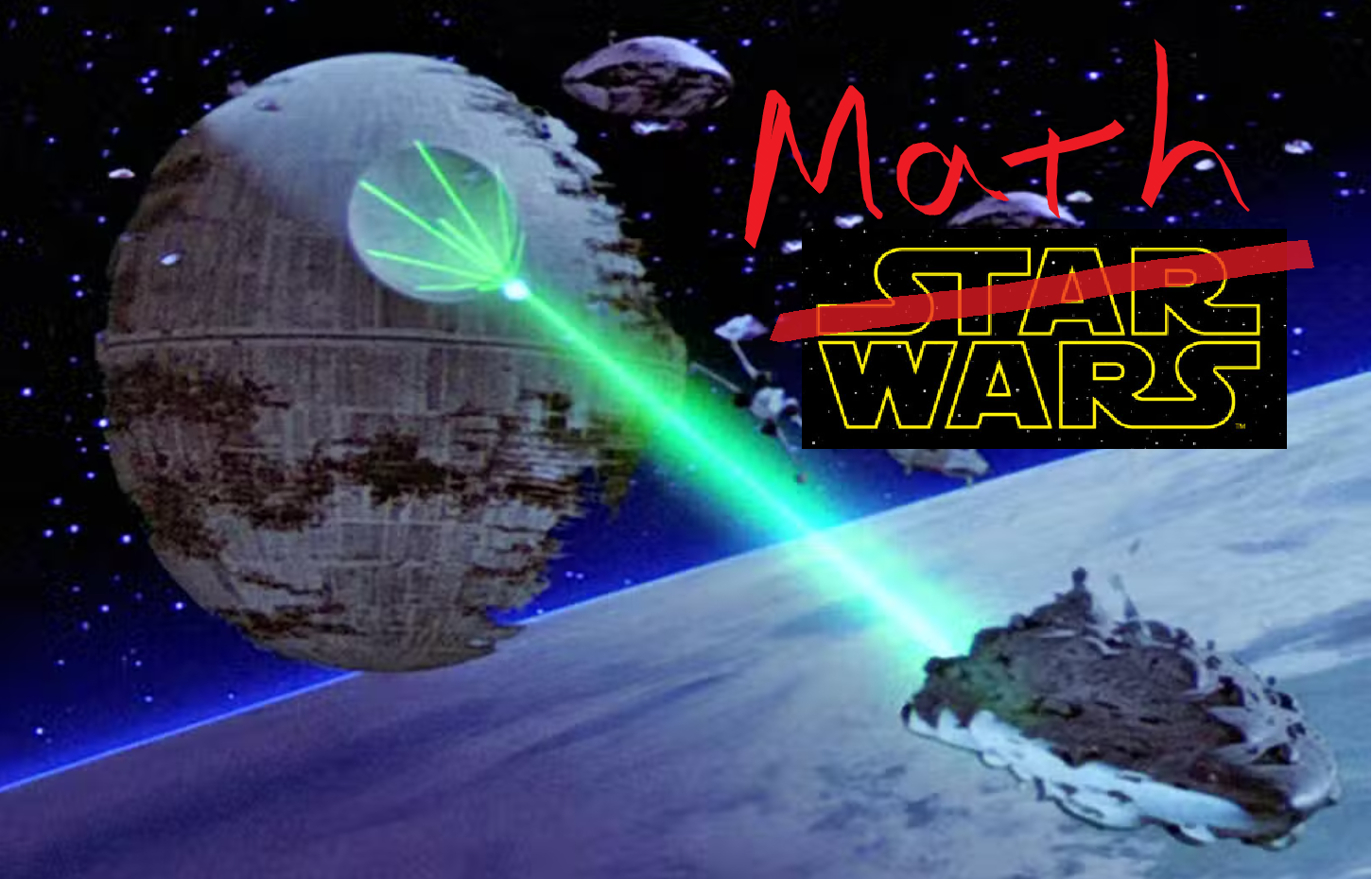Knock Knock…
- Who’s there?
- Pearson’s Algebra Textbook.
- Pearson’s Algebra Textbook Who?
- No further questions!
The best jokes always have to be explained, right?
The “math wars” refers to a debate that has taken place over the last thirty-ish years on the purpose of math education and how to best implement that system. There are two major camps in this debate: the “reformists” and the “traditionalists”.
The reformists would like to bring active, student centered learning to the fore in math ed. And, as the name suggests, the traditionalists preserve the status quo.
The joke above is founded in a criticism of traditional mathematics education – that the singular emphasis placed on procedural proficiency stifles students’ curiosity in the subject. Students are better off not asking honest or intellectual math questions – the student’s role is reduced to “following the steps” and keeping her mouth shut.
Also, alright so maybe it wasn’t fair to pick on Pearson in the joke… No wait. Yes it was. They are the posterchild of the effort to privatize public education, which is a part of the reason why traditional math education can’t escape it’s overly procedural roots.
Traditional Math and Private Education
Viewed through the lens of dollars and cents (well, really just millions of dollars), traditional math education goes hand in hand with the push to privatize public education.
An American child could go to a public school run by Pearson, studying from books produced by Pearson, while his or her progress is evaluated by Pearson standardized tests. The only public participant in the show would be the taxpayer.
– A Very Pricey Pineapple, New York Times 2012 by Gail Collins
The rote and repetitive tasks that are the bread and butter of a traditional math class also happen to make the perfect test questions. When I say perfect, I mean from the perspective of a corporation looking to profit on standardized tests.
It’s much easier (and cheaper) to construct and then grade problems when the answers fit into a nice bubble: The answer is a, b, c, or d. The answer is true or false. Neither the problem nor the solution requires any creativity or imagination.
Profit driven companies are incentivized to lock their products in use. They keep users (public schools) “hooked” via an ecosystem of connected products. The result is corporate classrooms using corporate materials. These materials are filled with mind numbing and repetitive tasks in order to prepare students for the mind numbing and repetitive questions on the corporate exams.
Incidentally, this system also produces math teachers who think that math is what these textbooks say it is. That’s industry on a large scale for you.
Just Say No
When it comes to traditional math education and corporate textbooks, personally I just don’t use the stuff. I’ll read a few pages in a high school math text and pretty soon my heart is racing and I start to feel a little paranoid. I just tell my students to say no when some back alley guy selling math out of the trunk of his car approaches them about using a big, standards based, corporate text book.

